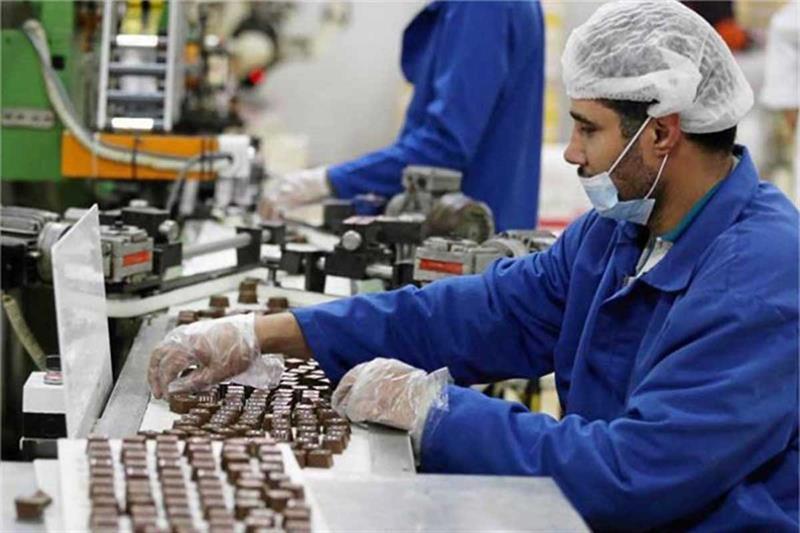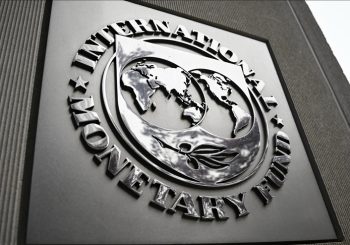The Purchasing Managers’ Index (PMI) rose above the neutral 50.0 mark in August, up from 49.7 in July to 50.4, indicating the first improvement in the health of the non-oil private sector since November 2020 according to latest data from S&P Global.
The Purchasing Managers Index (PMI) is a tool that tracks a country’s non-oil business conditions by looking at production, employment, logistics, and trade. A PMI score below 50 means business conditions are shrinking, while a score above 50 shows they are improving.
The uplift occurred amid ongoing demand recovery, despite a slight decline in new work for the second consecutive month.
Companies increased inventories, hired more staff, and showed the highest optimism for future business activity since mid-2022.
The report noted that firms encountered rising cost pressures due to the Egyptian pound weakening against the US dollar.
Consequently, input costs surged significantly, prompting firms to sharply increase selling prices in an effort to protect their margins.
David Owen, Senior Economist at S&P Global Market Intelligence, noted that “several of the PMI sub-indices signaled growth in August, with increases in output, employment, and purchasing activity.”
He further added that this data showed “firms were confident enough to expand their activity and capacity.”
In March, Egypt signed an $8 billion deal with the IMF, which involved letting the market set the currency exchange rate and raising interest rates sharply.
Additionally, Egypt aims to boost the private sector’s share of economic activity to 50 percent by 2025 as part of its commitments under the IMF loan program.







Comments (0)